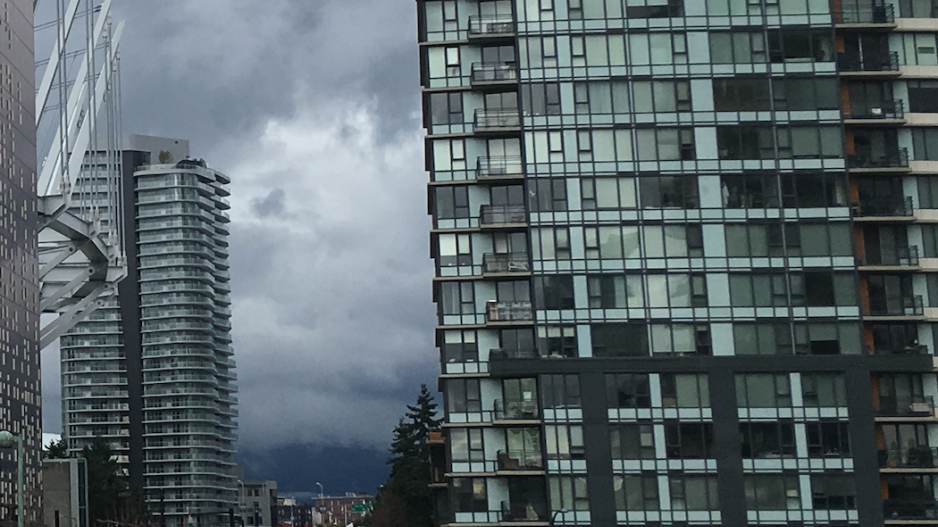A Royal Bank of Canada (RBC) study released this month ranks Vancouver’s housing market as the least affordable for any regional market ever recorded in Canada.
The costs of owning a home at today’s prices would have represented an astounding 85.2% of a typical household’s income in the fourth quarter, the bank said in its Housing Trends and Affordability report.
The report called Metro Vancouver’s rising home prices a “worrying trend,” and explained that the phenomenon prompted the B.C. government to impose new and expanded initiatives to cool the market down.
One measure was hiking a foreign buyer’s tax to 20% from 15%, with that tax being in place for more parts of the province.
Another proposed tax, the speculation tax, which would levy a tax on empty homes in specified parts of the province, caused so much unrest that the provincial government was forced to revise the proposed tax rates to ensure as much as possible that it would not be British Columbians who have to pay the tax, but rather owners of empty homes whose primary residence is in the rest of Canada or abroad.
Indeed, the wide swath of proposed new taxes in B.C. has prompted what some have started to call the beginnings of a tax revolt.
The RBC report noted that “a main objective [of the speculation tax] is to increase housing supply by ‘unlocking’ units that sit empty most of the year."
The benchmark price for a home in Metro Vancouver inched up to $1,084,000 in March, although the volume of home sales in the region has started to sputter.
“Victoria is continuing to see a sharp deterioration in affordability – and with the relative lack of sellers, it has made for constricted demand-supply conditions,” said Craig Wright, senior vice-president and chief economist, RBC.




